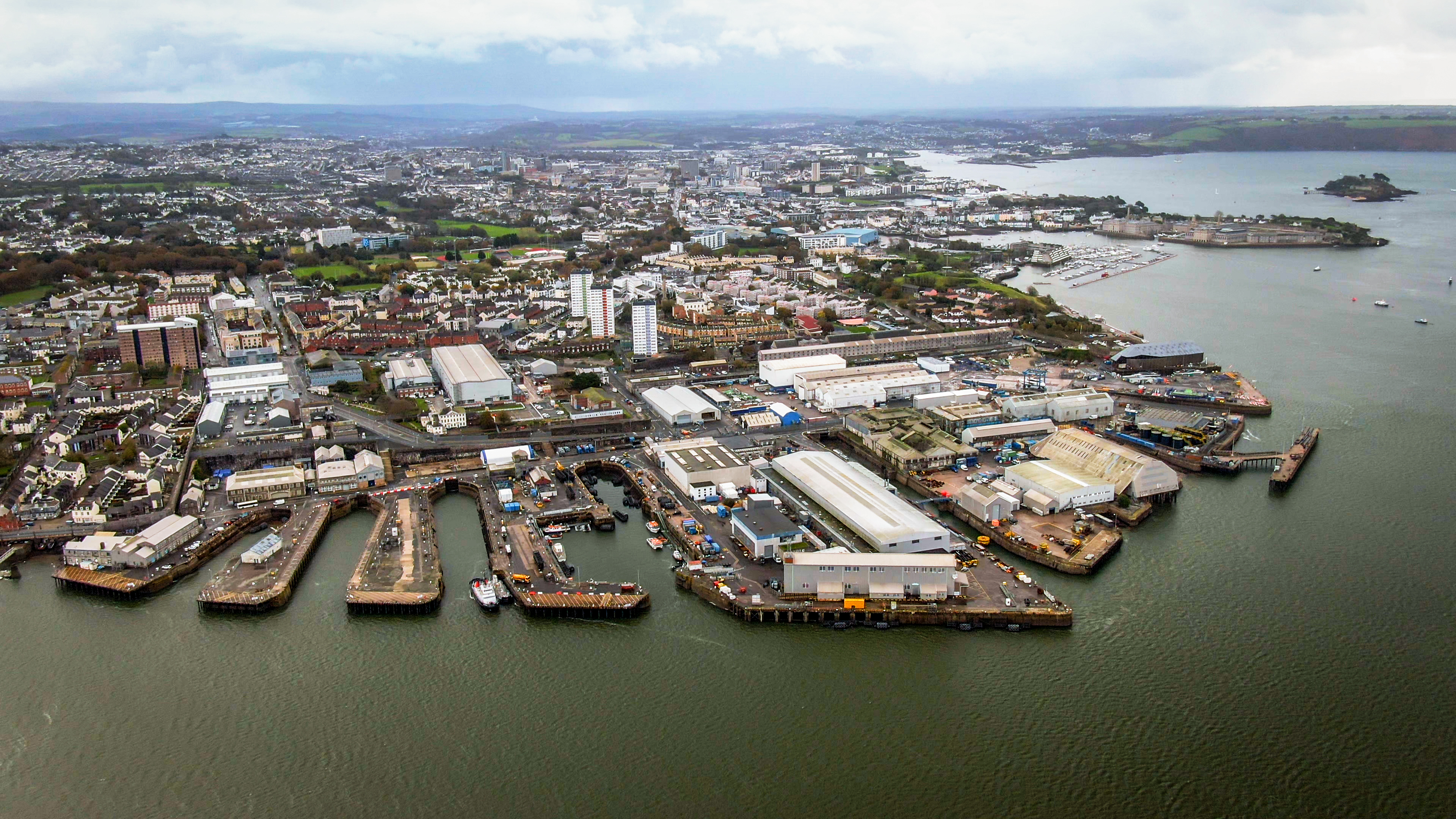The UK is among the world’s top-ranked economies in their preparations for integrating automation. Even the best-prepared countries must develop more effective education policies and training programs well as place a new emphasis on continual learning over the course of a career, a report by ABB and The Economist Intelligence Unit finds.
Those policies and programs, the report recommends, must ensure that the rapid adoption of automation technologies and artificial intelligence (AI) will not leave people unprepared for the new, more human-oriented jobs that will be needed as robots and algorithms take on more of the routine tasks that can be and will be automated.
The report, which surveyed and ranked 25 countries on their automation readiness, found that many nations across the globe are just beginning to come to grips with the opportunities and challenges posed by AI and robotics-based automation.
It found that ‘more engagement between government, industry, educational specialists and other stakeholders is needed if policymaking is to keep pace with innovation in automation.’
The report emphasises that, whether policymakers are ready or not, businesses are rapidly integrating AI and advanced robotics into their operations.
As that adoption accelerates in coming years, the impact on economies and workforces – and the need for a more concerted approach to education and training – will become clearer, and more urgent.
In addition to South Korea, Germany and Singapore, the countries best positioned to embrace this wave of change are the other members of the ARI that round out the top 10 in ranked order: Japan, Canada, Estonia, France, the UK, the US and Australia.
The analysis in the report is based on a new and original index, built by The Economist Intelligence Unit, as well as a series of in-depth interviews with subject matter experts from around the world.
Find out more, click here
